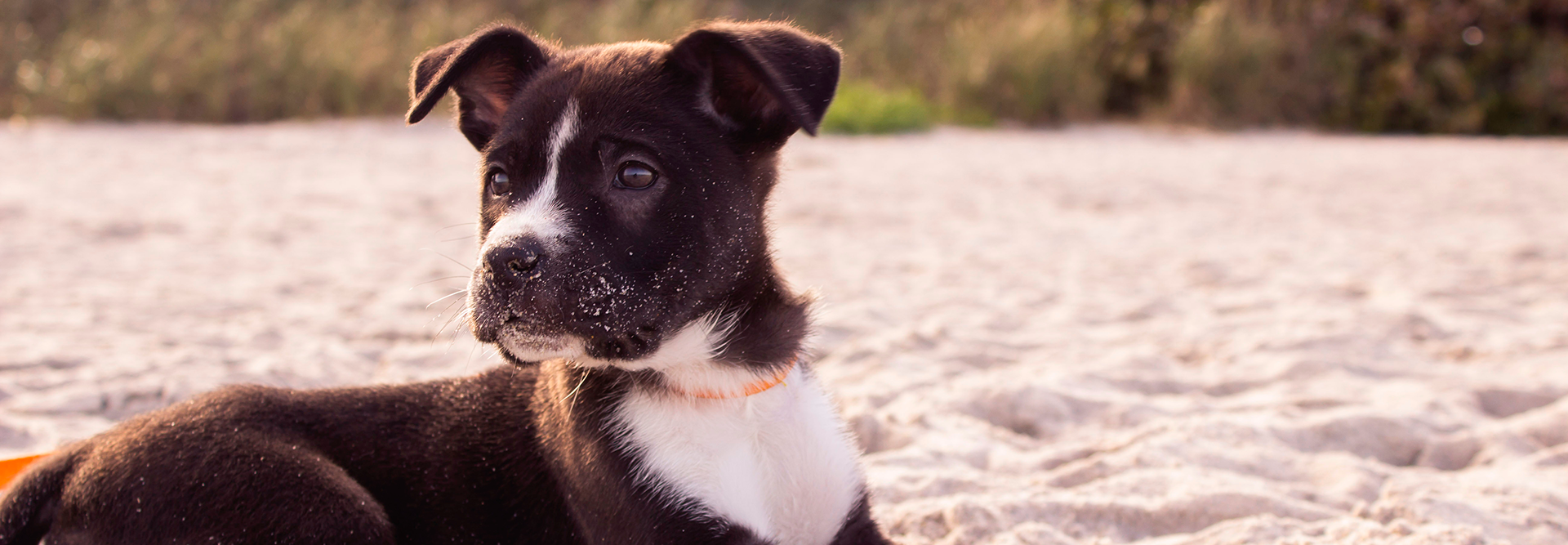
How often should I groom my puppy? Puppies don’t require a daily scrub like we do, but baths are totally required! Bathing every three to four weeks works for most dogs, this may change depending on your pup’s breed, coat, and environment. Here are some tips on how to make grooming a friendlier experience for […]
Puppies don’t require a daily scrub like we do, but baths are totally required! Bathing every three to four weeks works for most dogs. This may change depending on your pup’s breed, coat, and environment.
Here are some tips on how to make grooming a friendlier experience for both you and your best friend.
Typically, puppies start to lose their soft and fluffy coat between the ages of 4-6 months (varies with different breeds). This means your puppy’s coat is transitioning from puppyhood to adulthood. Don’t worry this is totally normal! If you’re asking yourself: what can I do to help them through this transition? Well, regular grooming is a daily necessity for your puppy’s coat health. It may sound like a lot but think of it this way, it’s a great opportunity to bond with your best friend. Brushing your puppy’s coat daily will ensure they have a smooth and healthy coat growth process. Your puppy’s coat doesn’t have to become a hassle. With time, patience, and proper information, it should be a smooth transition for both of you.
Most dogs would rather skip bath time, but bathing is very important for your pup to maintain a healthy skin and coat. There’s the added benefit of making your pooch more pleasant to be around. By making positive associations with bath time, it will be a lot easier for you to bathe your puppy in the future and give you the opportunity to bond. Although puppies should not be frequently bathed, don’t hesitate to give your puppy a good wash if they get too dirty. You can read more on how to bathe your puppy in our blog: Puppy Baths 101.
Some puppies may need their hair trimmed from time to time. Blunt-nosed safety scissors should always be used to avoid any injuries. Use treats to reward for calm behavior so your dog associates hair trimming with positive things and rewards.
Having clean teeth is an important part of your puppy’s health and well-being. Regular exams throughout your puppy’s life can help detect problems early before they cause damage to your puppy’s teeth or mouth. Your fur-baby has 42 teeth and brushing all of them with toothpaste made especially for puppies is very important to prevent tooth decay and disease. You can read more about your puppy’s dental health in our blog: Pet Dental Health.
Cutting your puppy’s nails for the first time can be a bit intimidating, so imagine how your puppy feels! You should introduce the nail clipper’s to your pup before actually clipping away—this will help with his anxiety. Clipping your pup’s nails when they get way too long can prevent scratches to you or other family members, especially if you have young children in the house. Adequate daily exercise should help to keep the nails in good condition and at a good length as nails are naturally worn down.
A puppy’s ears are very sensitive so they need regular cleaning to prevent infections. Just apply the ear cleaning solution into the puppy’s ear and massage the bottom of the ear for 30 seconds. Use a cotton ball to remove any remaining solution and wax from the ear.
Your puppy’s paws are super cute and delicate. You should always take precautions when you take them out for a walk. You can keep your dog’s paws healthy by checking them regularly to ensure there are no wounds or infections and remove any debris. You can learn more about how to keep your puppy’s paws clean in our blog: 5 Ways to Keep Your Puppy’s Paws Clean.
These simple steps will ensure your pooch will be clean and healthy!